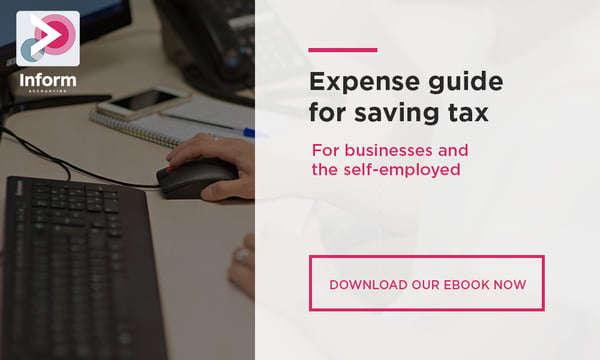BLOG
How to handle HMRC time to pay rejections

Some taxpayers and advisers using the online service to defer tax due on 31 January 2021 are getting rejected.
HMRC’s time to pay deferral process is in big demand this winter. Many taxpayers are facing a log-jam of tax debts due this quarter, including income tax and VAT that was automatically deferred from 2020.
The total tax payable by an individual taxpayer by 31 January 2021 will be made up of the following tax debts:
- balancing income tax payment for 2019/20
- second income tax payment on account for 2019/20 – deferred from July 2020
- first income tax payment on account for 2020/21 – half of total 2019/20 liability
- any capital gains tax for 2019/20
- classes 2 and 4 NIC for 2019/20.
Taxpayers who are VAT registered may also have VAT liabilities that have been deferred from payment in the period 20 March to 30 June 2020, which now need to be paid by 31 March 2021. This VAT debt can be delayed further using a different online deferral system, which will open in the next few weeks.
Automatic online deferral
HMRC anticipated that a large number of taxpayers would need to defer tax due in January, so it created an instalment mechanism to allow individual taxpayers to apply for time to pay the tax debts now falling due.
To use this automatic process the taxpayer must agree to pay the tax monthly by direct debit, with a target of clearing the debt within 12 months. The taxpayer must also meet all of these conditions:
- has submitted their 2019/20 self-assessment tax return
- has no earlier tax returns outstanding
- their tax debt must be at least £32 and not exceed £30,000
- they have no other tax instalment plans in place.
If any of these conditions are not met the system will deliver the result: “not eligible for an online payment plan”.
One problem could be that HMRC has the 2019/20 SA tax return, but has not processed it yet, so the tax liability for the year hasn’t yet fed into taxpayer’s personal tax account. This can take up to 72 hours after the SA return is submitted.
There have also been problems with HMRC having to use manual intervention to process some tax returns that include claims for the transferable marriage allowance or entrepreneurs’ relief. Such manual intervention will slow up the processing of the return.
How to apply
To take advantage of the self-serve tax deferral, the taxpayer needs to log in to their government gateway, for which they will need their user ID and password. The user ID can be set up as part of the application process. Tax agents cannot use the automated system on behalf of their clients.
The taxpayer can choose how many instalments they need to spread their tax bill over in 2021, but all the late paid tax will accrue interest at 2.6% until it is paid.
The instalment plan must be set up no later than 60 days after the due date for the tax, which means the time to pay agreement must be in place by 31 March. If the 2019/20 tax debt is still outstanding at 31 March 2021, and no payment plan is agreed, an automatic penalty will be imposed at 5% of the outstanding tax.
Speak to HMRC
Where the self-serve tax deferral system says “no”, the taxpayer or the tax agent, can call the self-assessment payment helpline on 0300 200 3822 to negotiate a reasonable time to pay plan. This service is open from 8am to 6pm on weekdays.
This helpline should always be used if the total tax debt exceeds £30,000.
Before calling HMRC have all of the following to hand:
- taxpayer’s UTR number or NI number
- taxpayer’s name and address
- a contact telephone number
- details of the tax payment to be deferred
- details of any tax repayments the taxpayer is waiting for.
Look to the future
HMRC is reminding taxpayers to examine the level of payment on account for 2020/21, which forms part of the 31 January 2021 tax debt, to check whether it is reasonable in view of the expected profits for the current tax year.
Although trading volumes in 2020 were reduced for many businesses due to the Covid-19 pandemic, the 2020/21 trading income will include three SEISS grants paid so far, and any local authority business grants received.
NIC issues
Be careful when postponing class 2 NIC due for 2019/20, as if that is not paid by 31 January 2021, the tax year will not count as a completed year in the taxpayer’s NIC record.
Source: AccountingWeb
Read more of Inform's tax blogs:
Inform Accounting wins at the Accounting Excellence Awards
Five furlough changes you need to know




.jpg?width=1500&height=1000&name=amy-hirschi-K0c8ko3e6AA-unsplash-(5).jpg)

